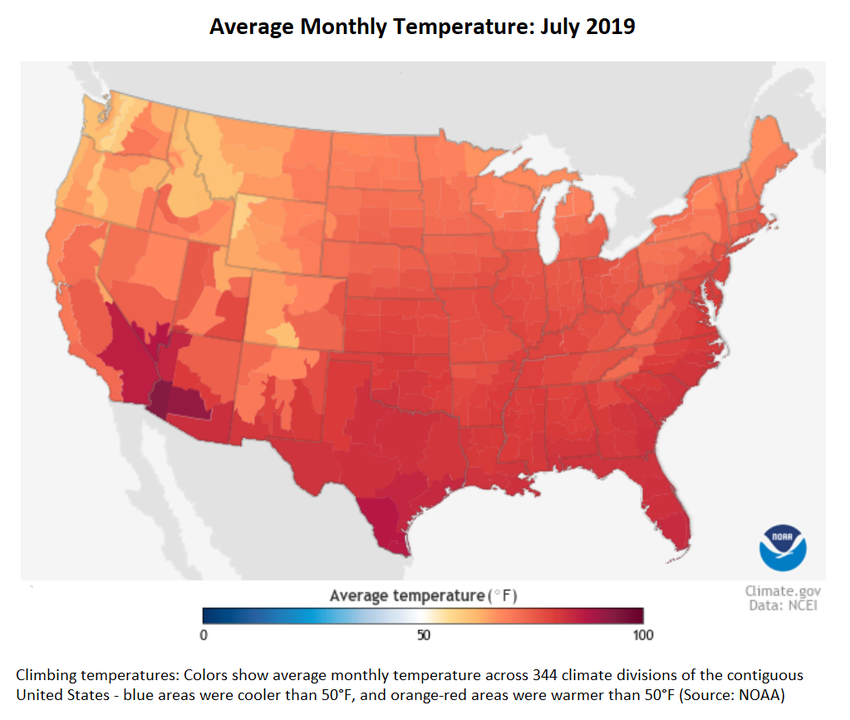Climate Change Underestimated: Scientific American
Climate Change Underestimated: Scientific American
Read the article from Scientific American about why the pace of climate change may have been underestimated.
Naomi Oreskes is a professor of the history of science and an affiliated professor of earth and planetary sciences at Harvard University. She is co-author, with Erik M. Conway, of Merchants of Doubt: How a Handful of Scientists Obscured the Truth on Issues from Tobacco to Global Warming (Bloomsbury Press, 2010). She also wrote the introduction to the Melville House Press 2015 edition of the papal Encyclical on Climate Change and Inequality.
Michael Oppenheimer is the Albert G. Milbank Professor of Geosciences and International Affairs and the director, Center for Policy Research on Energy and the Environment at Princeton University.
Dale Jamieson is professor of environmental studies and philosophy, affiliated professor of law, and director of the Center for Environmental and Animal Protection at New York University.
The US National Oceanic and Atmospheric Administration also addresses questions about biases in climate research.
Meanwhile, NOAA reports that average July temperatures continue to climb.
